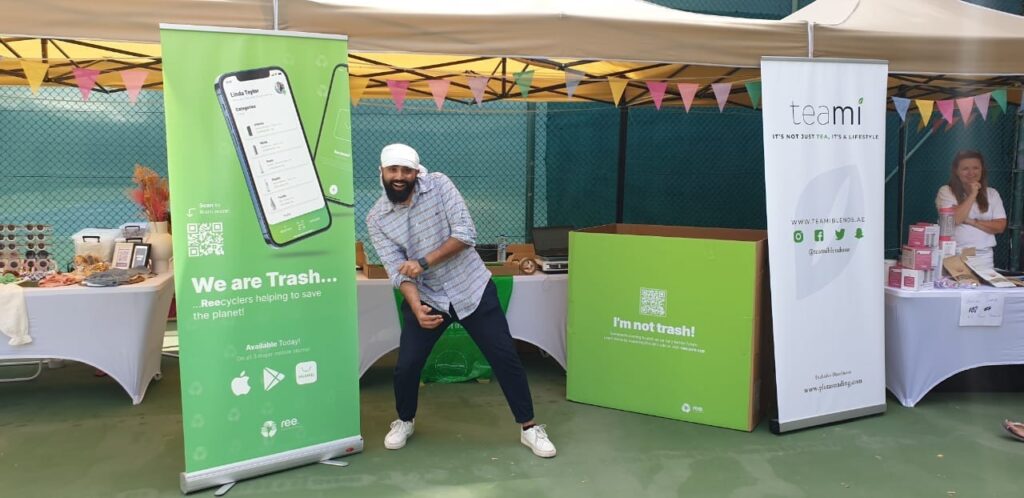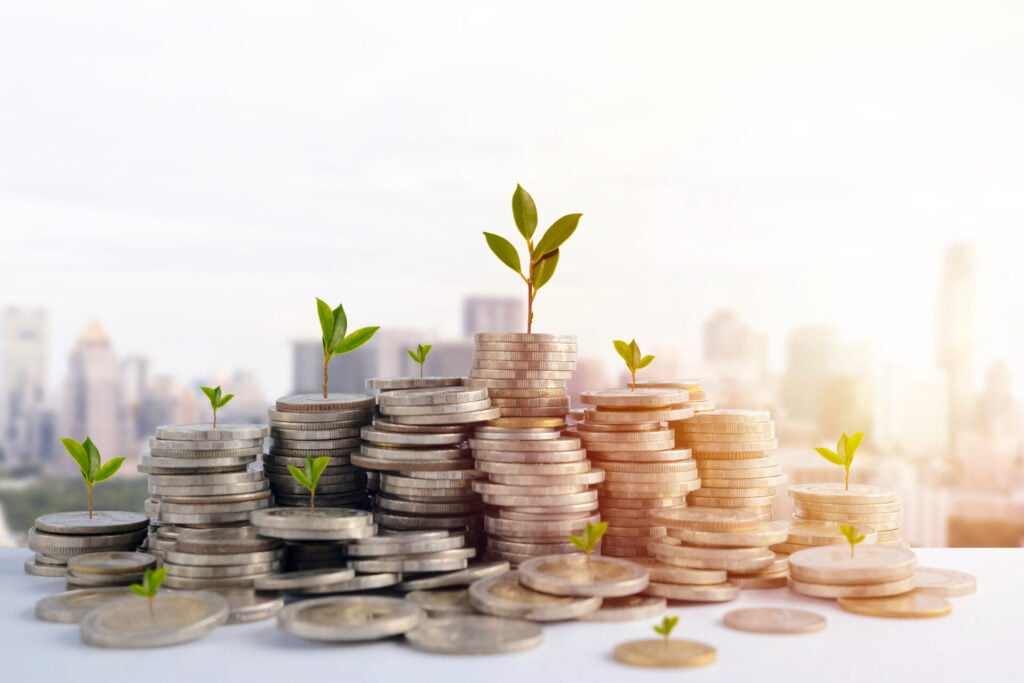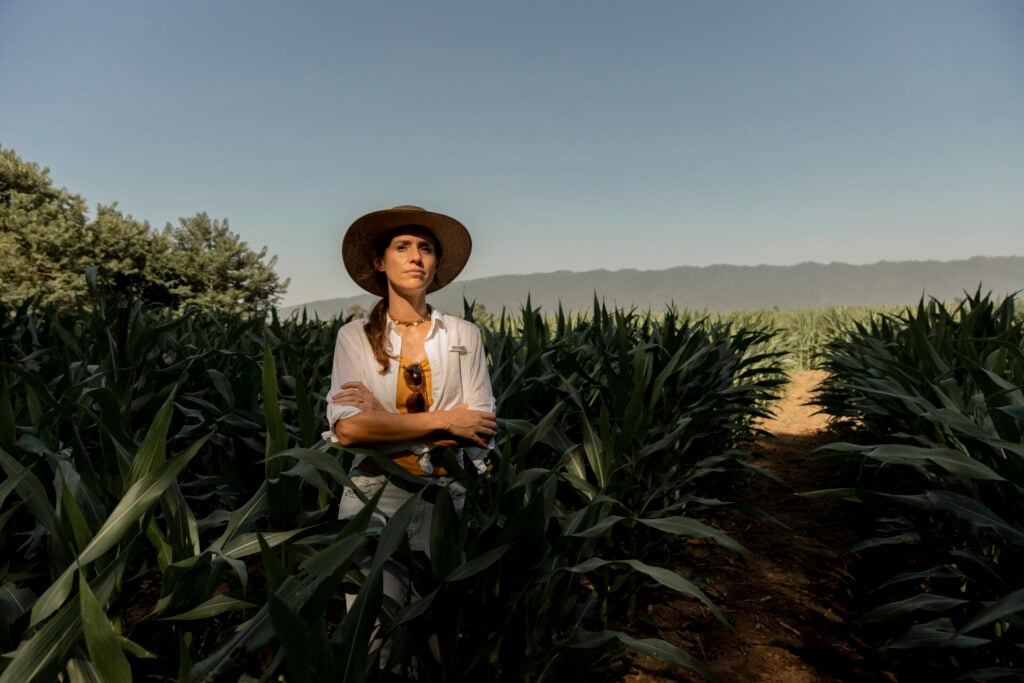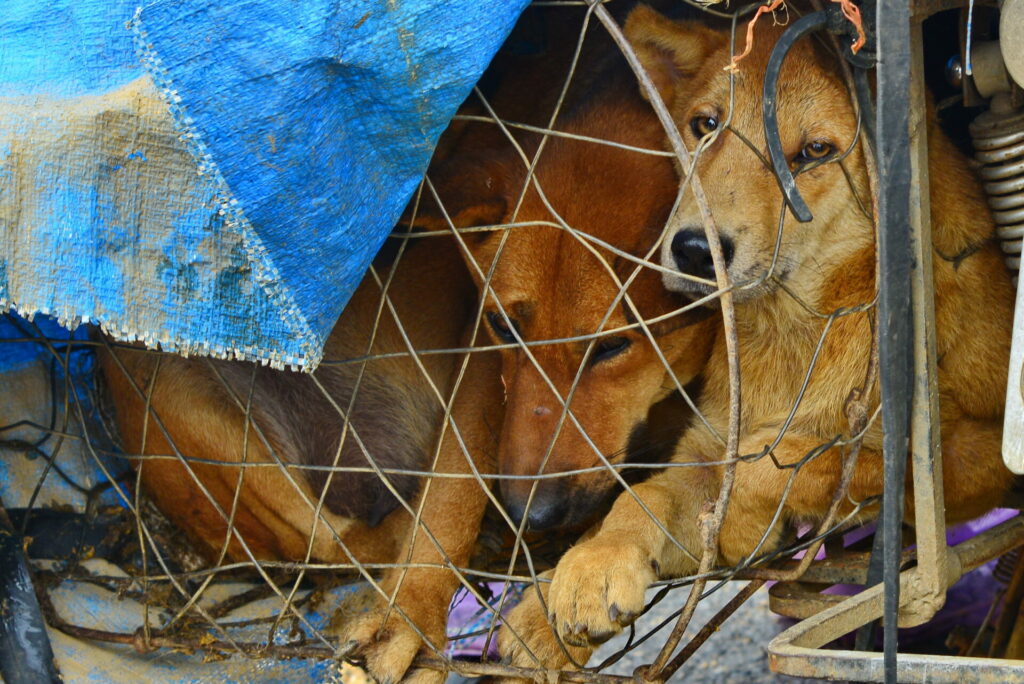Plastic Free July is a global movement that helps millions of people around the world join in the fight against plastic pollution so we can have cleaner streets, seas and cities. It’s also the month that sees International Plastic Bag Free Day, celebrated on July 3rd.
With the UAE taking up the mantle to eliminate single-use plastic bags with recent bans in Abu Dhabi and bag charges in Dubai, we spoke with some of the UAE’s ecopreneurs fighting within their fields to make the world a better place. Will you be part of the challenge and refuse single-use plastics? Get inspired with these expert top tips to get you started…
Amanda Rushforth, Environmental Consultant
Clothing is a great place to start when you’re trying to reduce your plastic usage and the most sustainable wardrobe is the one you already have. In order to not over-consume the plastic you likely never knew you were buying, look at the labels of your clothes.
Shop local, slow, and small where possible as these brands are doing their best to be sustainable. Choose natural fibres like hemp, organic cotton, linen and flax rather than nylon, polyester, acrylic or lycra that are all derived from plastic.
Keep clothes within a circular economy rather than throwing them away by shopping and donating via second hand or vintage stores.

Materials like silk and leather are best to shop second hand as not only are they derived from animals but also require large amounts of water and energy to produce. Everything we shop second hand reduces that item’s carbon footprint by more than 80 per cent.
And let’s not forget laundry… our wash cycles alone cause around half a million tonnes of plastic microfibres to be released into the ocean every year. Wash all your non-natural fibre clothing in a guppy bag or with a Cora ball – they collect microfibres into visible balls so that they can be disposed of properly – to stop plastic microfibres breaking off in the washing machine and ending up in our food chains via our waterways and oceans.
If you would like to work with Amanda, get in touch here
Nadine Zidani, Sustainability Advisor, Coach and Mentor

The amount of plastic waste produced globally is on track to almost triple by 2060, with around half ending up in landfills and less than a fifth recycled, according to the last OECD report. The report estimates that almost two-thirds of plastic waste in 2060 will be from short-lived items such as packaging, low-cost products, and textiles. So, what can we do?
Less Packaging: Plastic is everywhere, so start checking the daily products you use at home: choose refill options to reduce packaging, go for eco-friendly products, and say no to any unnecessary packaging (even the recyclable ones).
Mindful Fashion: The fashion industry is addicted to plastic-based fibres such as polyester, nylon, or acrylic. Identify the brands that are producing small collections every year. Read the tag before buying and go for more sustainable brands that use natural fibres such as linen or cotton.
Adopt Circularity: Ultimately consume less. The more we consume, the more we create plastic waste. Instead use what you have for the longest possible time and embrace circularity principles: Reduce, Reuse, Recycle.
Education is Key whether it is in your social or work life. Trigger the discussion with people around you and find solutions together. We all have the power to make change happen.
If you are looking for sustainability advice or professional coaching to help positively change the business world get in touch with Nadine here
Alexandra Baillie, Co-Founder & Director Plain Tiger

Plastic Bag Free Day is an excellent opportunity to reflect on and reduce your use of single use plastics. This is important because the production and incineration of these plastics equates to roughly 189 coal power plants worth of carbon emissions per year. Not to mention the devastating impact they have on human and animal health.
A great way of identifying what you can do personally is to start out small with a 15 or 30- day challenge where you take a picture of every single-use plastic you use during that period. At the end take a look back at the photos and reflect on how you can eliminate them. If you have kids, do it with them, too – it will foster critical thinking and help to educate them on the importance of living sustainably.
If you want to really challenge yourself, ake on The Plastic Free Challenge by refusing single-use plastics for 30 days knowing that by making small changes you will collectively be making a huge difference. Not only will you be setting an example as a parent or wider role model, but you never know, you may adopt the new habits forever.
Shop consciously from a selection of Plain Tiger’s best sustainable independent brands here
Silke Ahlden, Sustainable Wardrobe Editor & Stylist
Plastic Bag Free Day is an opportunity to raise awareness on how we can avoid using plastic in our daily lives, and the myriad ways to achieve this.
As a stylist and sustainable fashion supporter I’m always on the lookout to find alternatives to our plastic consumption, especially in the clothes we wear.
It was been estimated that textiles account for a third of the micro plastic pollution in the world’s oceans. This makes textiles the greatest source of marine micro plastic pollution.
Polyester, nylon, acrylic, etc are all plastic fibres that are in our clothing. While they might be very easy to take care of every time you wash them, microplastics are released into the water, which leads to the pollution of our oceans.

Simple solutions that can help you reduce this include installing filters in your washing machine, using a ‘guppy friend’ laundry bag, stain treating your clothing and using cold water washes. Most importantly, choose natural fibres for your clothing, like organic linen, hemp and cotton, cupro, and lyocell.
If you want to give your wardrobe a sustainable makeover, get in touch with Silke here
Jaskaran Vir Singh, Founder Reecycle
Plastic takes hundreds of years to decompose and with only between 9 to 14 per cent of global plastic actually being recycled, drastic action is required from all of us. But how do we achieve that as individuals?
By understanding and changing our habits, and then seeing the benefits. You can’t get proper results until you monitor. Our plastic use is the same – once you understand what you are generating, you will want to make changes to decrease it.

Ultimately, reduction is key but if I could give one tip, it would be to remind individuals to rinse their recycling as machines used to separate will detect dirty items and put them aside for landfill. Also, these machines won’t separate black plastic into recycling so try to avoid those when you can.
Sign up to the Reecyle app here and trace your recyclables to the end of the loop.









